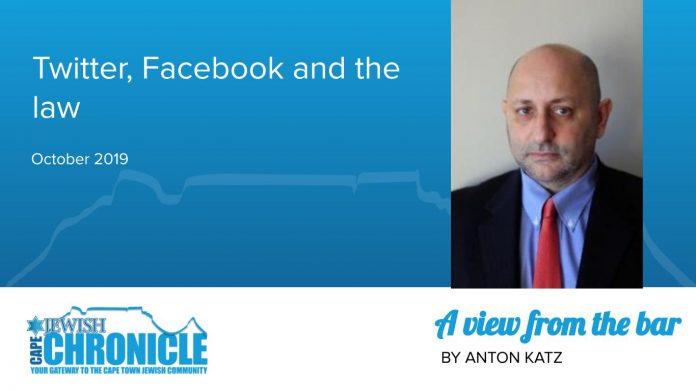The law regulates human behaviour.
Law has two main purposes. First, to ensure the smooth operation of society. A classic example is which side of the road cars must travel. There is nothing moral about this type of law. It makes no principled difference whether cars drive on the left or the right. But people need to be uniform on which side cars are to drive; otherwise chaos would occur.
The other key purpose of the law is to protect humans from each other. If there was no law, some individuals, leaders or groups would do bad things to others. And the perpetrators would go free and the victims/targets would have no recourse against the wrong doer. In this regard the law deals with morality and strives to make a better society.
Justice and peace are meant to be its goals. The law chooses to make certain conduct criminal. The law determines who may and may not get married. Who may enter into sexual relations, and who may not. Speech is regulated. What kind of speech should be prohibited as constituting hatred?
Another emerging example is the regulation of activities leading to climate change. The law in this second sense concerns itself with choices. Choices which attempt to advance justice. The neutral (regulatory) and the moral (justice choices) aspects are not completely separate, and there are often significant intersections between the two.
But in this latter justice sense the question arises: must the law lead society or should it follow and develop rules according to the wishes of the people. These are complex and difficult issues, and every society deals with them differently as circumstances change.
What is interesting is the law concerning social media. Twitter, Facebook, Instagram, YouTube and other recent internet phenomena obviously require some legal regulation from a neutral perspective of the law. Thus, just like the requirement that cars drive either on the left or the right hand side of the road, so the internet needs some regulatory guidelines.
Without any regulation at all chaos would result. But that regulation cuts deep into the moral choices aspect of the law. Licensing decisions results in government control of who may publish and what they may publish. Technological issues drive certain legal developments. But not all.
Thus what may be allowed to remain on Twitter, or taken down after a complaint are choices made by the techies at Twitter headquarters, wherever in the word that may be. Any person can easily open an anonymous or fake Facebook or Twitter account, and post the vilest content about another person. What they say may be true or it may not be. Yet the target’s entire life can be ruined.
So, a fake person could tweet that Mrs Y, a successful high profile business woman, who is a happily married mother of three young children is having a violent and abusive affair with Ms T, who is a notorious porn star. And that Mrs Y is a corrupt thief, who beats her kids. What can Mrs Y do? What rights and possible remedies does the law give her? If she complains to Twitter will it ‘take down’ the post?
What if Twitter responds by relying on freedom of expression and declines to remove the offending, false and defamatory post? Could Mrs Y obtain an interdict from a South African court compelling removal? Bearing in mind that Twitter is based in San Francisco, California how would enforcement of any order made by a South African court be implemented?
These are all tough questions with no easy answers So, in a world where global society is developing at supersonic speeds the law has to follow. It has to take into account so many different and newly developed facets of human interaction. In doing so, it has to cater for demanding and challenging issues.
So, while the law is (slowly) catching up with the new internet realities, some, if not many, will be caught up in this legally unprotected space.
This unfairness is obviously ugly and so unfortunate. But it is sad reality. Just think of the notorious laws (which still exist in many countries) relating to who could sleep with whom, and the terrible consequences for those affected.
During apartheid a person classified white could be criminally prosecuted and convicted (have a criminal record) for kissing a person classified as not white.
It took many years and a social revolution for that to change. There are obviously differences between the (criminal) apartheid laws and the new internet reality. But the parallel between those caught up in a developing society cannot ignored.
To download a PDF of the Chronicle for October, click here
To read the editor’s column this month, titled ‘Why we need more difficult females’ click here
To read the most read story online in September, click here











